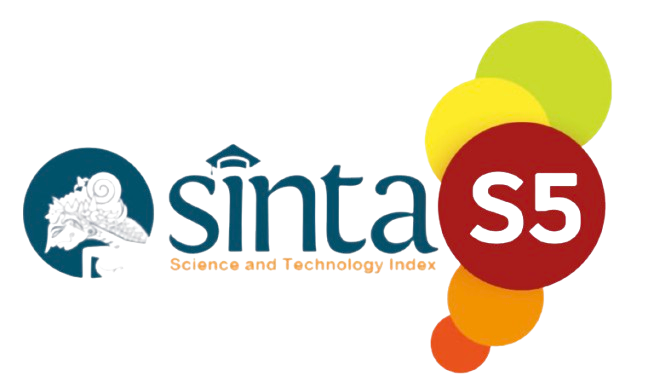A Comparative Study of English Language Teachers’ Motivational Strategies in State and Private Primary Schools
DOI:
https://doi.org/10.52217/ijlhe.v8i1.1803Keywords:
Motivational pedagogy, English language, Teacher autonomy, Self-systemAbstract
This study investigates the differences in motivational strategies employed by English language teachers in state and private primary schools in Indonesia. Grounded in Dörnyei’s L2 Motivational Self System and Henry’s three-level model of language learning motivation, the research aims to examine both the perceived importance and frequency of use of specific motivational strategies in classroom settings. Using a survey-based quantitative method, data were collected from 200 English teachers across 32 primary schools in Tangerang Selatan during the 2024–2025 academic year. Two questionnaires, adapted from Dörnyei and Csizér’s (1998) framework, assessed teachers’ beliefs and practices regarding 30 motivational strategies. Results from independent samples t-tests indicate no significant difference between the two groups in terms of the importance attributed to motivational strategies. However, private school teachers reported significantly more frequent use of diverse, student-centered strategies, particularly those involving authentic materials, group work, and cultural content. The findings highlight the impact of institutional resources, class size, and teacher autonomy on motivation practices. Implications suggest the need for increased support for state school teachers through resource provision and professional development focused on motivational pedagogy.
References
Chirkov, V., Ryan, R. M., Kim, Y., & Kaplan, U. (2003). Differentiating autonomy from individualism and independence: A self-determination theory perspective on internalization of cultural orientations and well-being. Journal of Personality and Social Psychology, 84(1), 97–110. https://doi.org/10.1037/0022-3514.84.1.97
Deci, E. L., & Ryan, R. M. (1985). Intrinsic motivation and self-determination in human behavior. Springer.
Dörnyei, Z. (1994). Motivation and motivating in the foreign language classroom. Modern Language Journal, 78(3), 273–284. https://doi.org/10.2307/330107
Dörnyei, Z. (2009). The L2 motivational self system. In Z. Dörnyei & E. Ushioda (Eds.), Motivation, language identity and the L2 self (pp. 9–42). Multilingual Matters.
Dörnyei, Z., & Csizér, K. (1998). Ten commandments for motivating language learners: Results of an empirical study. Language Teaching Research, 2(3), 203–229. doi/10.1177/136216889800200303
Dornyei, Z., & Otto, I. (1998). Motivation in action: A process model of L2 motivation. In Working Papers in Applied Linguistics, Vol. 4. Thames Valley University
Dörnyei, Z., & Ushioda, E. (2021). Motivation and second language acquisition (2nd ed.). Routledge.
Gardner, R. C., & Lambert, W. E. (1972). Attitudes and Motivation in Second Language Learning. Rowley, MA: Newbury House Publishers.
Henry, A. (2015). L2 motivation and multilingual identities. The Modern Language Journal, 99(3), 607–623. https://doi.org/10.1111/modl.12247
Hofstede, G. (2001). Culture's consequences: Comparing values, behaviors, institutions and organizations across nations (2nd ed.). Sage.
Lamb, M. (2017). The motivational dimension of language teaching. Language Teaching, 50(3), 301–346. https://doi.org/10.1017/S0261444817000088
Noels, K. A., Pelletier, L. G., Clément, R., & Vallerand, R. J. (2000). Why are you learning a second language? Motivational orientations and self-determination theory. Language Learning, 50(1), 57–85. https://doi.org/10.1111/0023-8333.00111
Ryan, R. M., & Deci, E. L. (2020). Intrinsic and extrinsic motivations: Classic definitions and new directions. Contemporary Educational Psychology, 61, 101860. https://doi.org/10.1016/j.cedpsych.2020.101860
Tanaka, H. (2009). The impact of self-determination theory on language learning motivation in a Japanese EFL context. The Journal of Asia TEFL, 6(1), 1–24.
Ushioda, E. (2011). Language learning motivation, self and identity: Current theoretical perspectives. Computer Assisted Language Learning, 24(3), 199–210. https://doi.org/10.1080/09588221.2010.538701
Ushioda, E. (2016). Language motivation in practice: Mapping complex terrains. Bristol: Multilingual Matters.
Williams, M., & Burden, R. L. (1997). Psychology for language teachers. Cambridge University Press.














